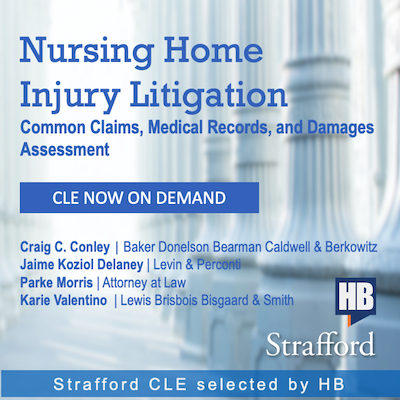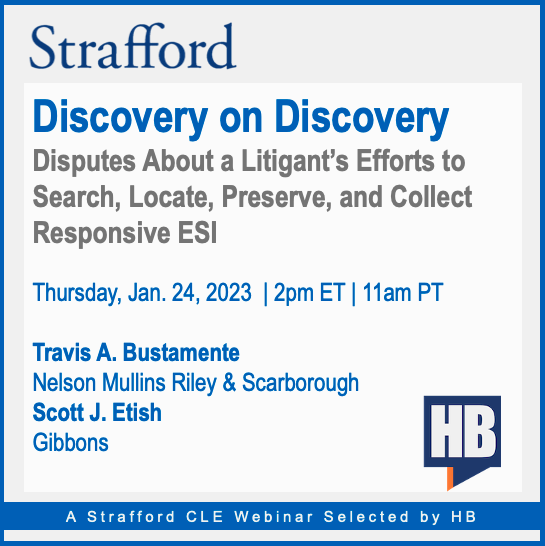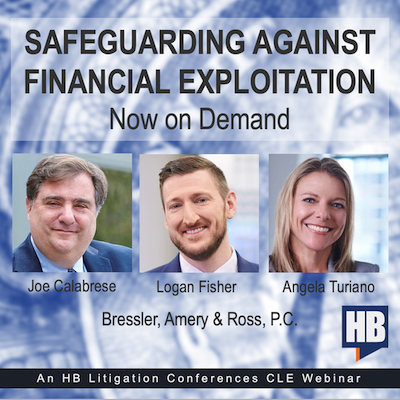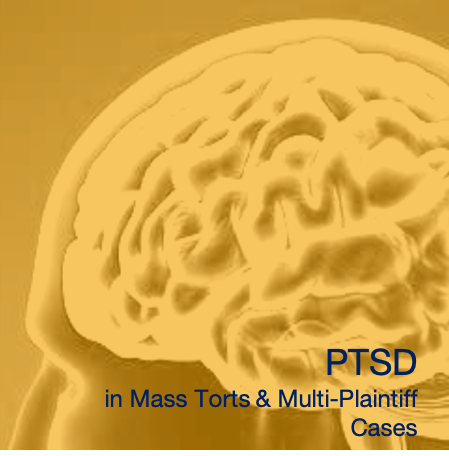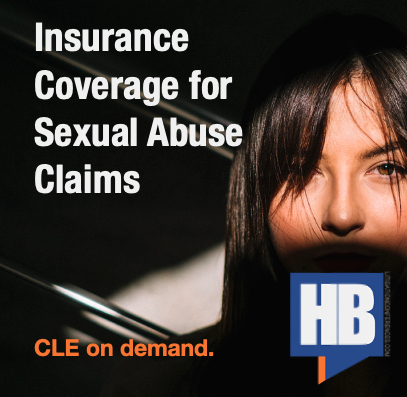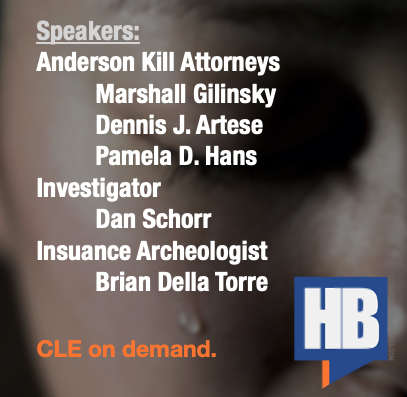Couple Pleads Guilty to $1.1 Million COVID-Relief Fraud After Falsely Claiming to Be Farmers
News From the U.S. Department of Justice
A Florida couple pleaded guilty for their participation in a scheme to file four fraudulent loan applications seeking more than $1.1 million in forgivable Paycheck Protection Program (PPP) and Economic Injury Disaster Loans (EIDL) loans guaranteed by the Small Business Administration (SBA) under the Coronavirus Aid, Relief, and Economic Security (CARES) Act.
On Aug. 26, 2020, Latoya Stanley, 38, and Johnny Philus, 33, both of Miami, were originally charged via a complaint filed in the Southern District of Florida.
In Stanley’s PPP application, she claimed to employ 18 individuals from her company, Dream Gurl Beauty Supply LLC. Philus, meanwhile, stated that he employed 29 individuals at his company, Elegance Auto Boutique LLC. In actuality, Stanley and Philus did not employ anyone at their respective companies.
In her EIDL application, Stanley claimed to generate over $800,000 in income and to employ five individuals from a farm based in the yard of her Miami home. In his EIDL application, Philus claimed to generate $400,000 in income and to employ 10 individuals from a farm located in the yard of a small residential home. In actuality, Stanley and Philus employed no one and the farms did not exist.
Stanley and Philus worked together to effectuate the fraud and ultimately received over $1 million in fraudulent funds from the fraudulent PPP and EIDL applications before their schemes were uncovered.
Sentencing has been scheduled for June 2.
Acting Assistant Attorney General Nicholas L. McQuaid of the Justice Department’s Criminal Division; U.S. Attorney Ariana Fajardo Orshan of the Southern District of Florida; Treasury Inspector General for Tax Administration (TIGTA) J. Russell George; Inspector General Hannibal “Mike” Ware of the SBA’s Office of Inspector General (OIG); and Inspector in Charge Antonio Gomez of the U.S. Postal Inspection Service Miami Division made the announcement.
The CARES Act is a federal law enacted on March 29, 2020, designed to provide emergency financial assistance to the millions of Americans who are suffering the economic effects caused by the COVID-19 pandemic. One source of relief provided by the CARES Act was the authorization of up to $349 billion in forgivable loans to small businesses for job retention and certain other expenses, through the PPP. In April 2020, Congress authorized over $300 billion in additional PPP funding.
The PPP allows qualifying small businesses and other organizations to receive loans with a maturity of two years and an interest rate of 1%. PPP loan proceeds must be used by businesses on payroll costs, interest on mortgages, rent, and utilities. The PPP allows the interest and principal on the PPP loan to be forgiven if the business spends the loan proceeds on these expense items within a designated period of time after receiving the proceeds and uses at least a certain percentage of the PPP loan proceeds on payroll expenses.
The EIDL program is designed to provide economic relief to small businesses that are currently experiencing a temporary loss of revenue. EIDL proceeds can be used to cover a wide array of working capital and normal operating expenses, such as continuation of health care benefits, rent, utilities and fixed debt payments. If an applicant also obtains a loan under the PPP, the EIDL funds cannot be used as the same purpose as the PPP funds.
This case was investigated by the SBA-OIG, USPIS, and TITGA. Trial Attorney Louis Manzo of the Criminal Division’s Fraud Section is prosecuting the case.


